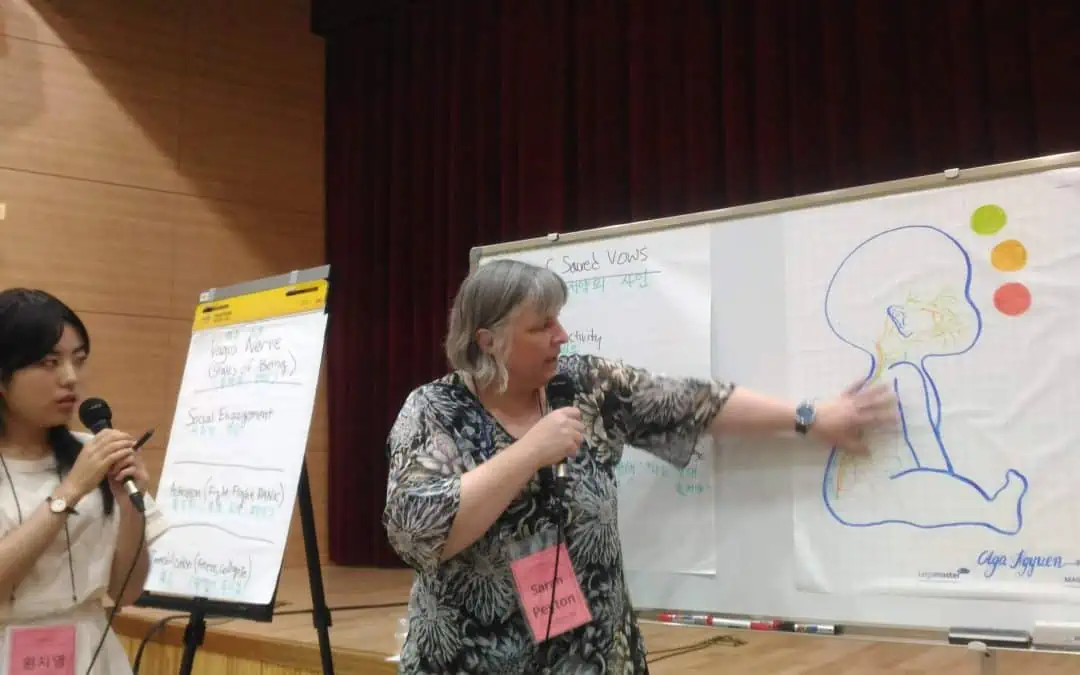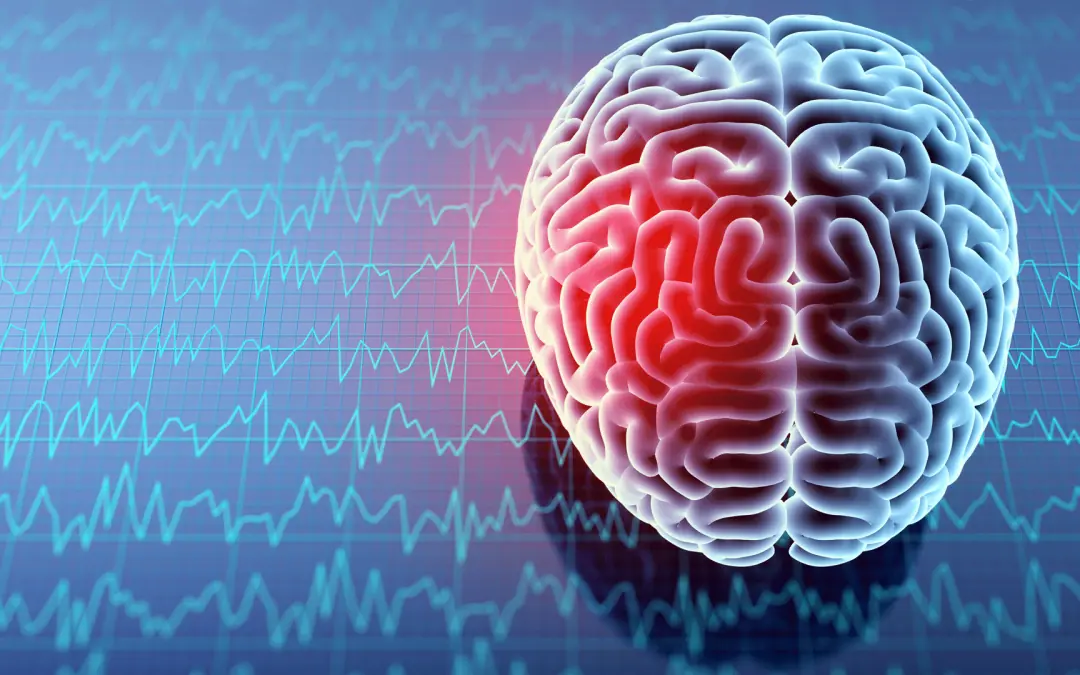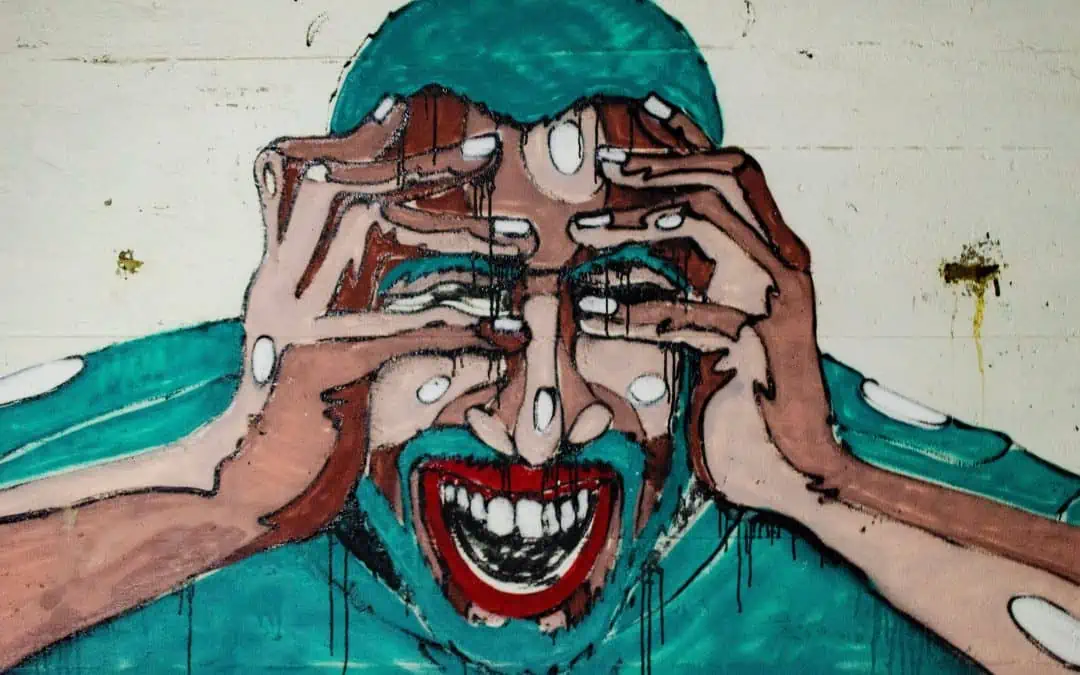Truth Not Trauma: Understanding Relational Trauma and the Brain
Once we understand how trauma impacts our mammalian circuitry (Jaak Panksepp’s 8 circuits of emotion and motivation), we begin to see that so many things we’ve given ourselves a hard time for, are not static truths about us, but instead are simply the result of trauma.
All of these ideas we have about ourselves — feeling ashamed, feeling anger or disgust with the self, feeling like we are cruel, mean people — thinking about ourselves in a negative way: these negative cognitions are not truth, they are trauma.
How does trauma cloud our understanding of what is truly “us” versus what is our trauma?
This interview (part 3, see part 1 here and part 2 here) is further evidence about why understanding the neuroscience of trauma—how challenging experiences impact our brains—helps us see that we are not bad or broken people, but instead we have been scared by our experiences.
In the audio below I speak with Guy McPherson of the The Trauma Therapist Podcast about how trauma binds circumstances together and makes it so our circuits get tangled. We discuss the work of Jaak Panksepp and his discovery of the eight mammalian circuits of emotion and motivation.
Content warning: We discuss the circuits of sexuality, play, and disgust, including the importance of understanding our circuits when working with those healing from sexual abuse and assault.
Part 3: Truth Not Trauma
Here are some of the topics from this interview:
- How trauma impacts our circuits; both motivational and emotional
- Sexuality and the unfolding of the authentic self
- The primary colors of life, and the shades and flavors that fit between them on our circuits
- Pleasure, excitement, and attraction as flavors on our circuits of motivation and emotion
- How leaning into the marriage of sexuality and fear can help people heal from trauma
- How children that experience sexual abuse end up with an awakened sexuality circuit, long before it is supposed to awaken
- That trauma does not compromise our circuits
- Why I’ve added disgust to the original seven circuits presented by Jaak Panksepp
- How we can trace disgust through the body and the brain
- Disgust and grooming (for more about disgust and how it protect us, see my webinar Celebrating our Yuck!
- How understanding self-disgust can help us through protection and crossed boundaries
- The fine line that can exist between sexuality and disgust
- The importance of preserving the disgust circuit, especially in children
- How all of the circuits if motivation and attachment except care get in the way of “play”
- The natural endpoint of play being when someone gets hurt
- The importance of play when raising a child, and the importance of recess for little ones!
- How play comes in second in competitive sports
- Why first person shooter video games are the most compelling way to turn off the default mode network (the DMN is the home of the critical inner voice – watch my trailer here for more details!)







